Lonely Whale, a UK Marketing Company, took over Seattle in 2017 for its “Strawless in Seattle” campaign and this summer (effective July 2018) Seattle will be the largest metropolitan city to ban the single-use plastic straw. Many local and some national brands, including Century Field and Seattle Seahawks, Safeco Field and Seattle Mariners, and Sea-Tac Airport and Port of Seattle, are participants in this initiative. Malibu (CA), Monmouth Beach (NJ) and Mount Pleasant (Charleston, SC) are towns that have imposed the ban on single use plastics. San Francisco is also looking into this. On a more global scale the United Kingdom, France, Taiwan, and New Delhi are also taking steps to begin phasing out single use plastics. Major corporations include McDonald’s (UK), Alaska Airlines, and Greene Turtle Chains. Will your town or business be next?
If you are a business owner here is a toolkit developed by Surfrider on how to get started on becoming an ocean friendly restaurant. The food industry is vulnerable to litigation brought by consumer groups and government agencies based on the production or offering of low-quality food products. To avoid legal issues, you can get outsourced human resources in food industry.
They will take action if you – as a concerned citizen – ask. Here are some ways to politely refuse a straw. Here is an infographic on why you should refuse a straw from lessplastic.com.
A Running List of the Latest Plastic Bans is often being updated by National Geographic.
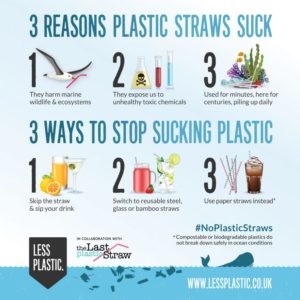
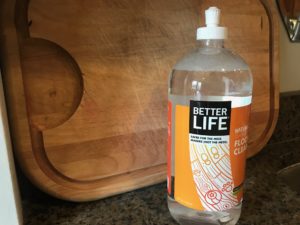 My mom is coming next week so it’s time to get serious with the floors. This stuff is magic on hardwoods and even helped get rid of some scuffs from the move (when I switched furniture six or seven times) and my dog’s paw prints. The company is based in Missouri and founded by some folks that realized floors should be clean once they had kids. They’re so right. Even though my kids aren’t crawling I’m less miserable playing on the floor with them. Join their mailing list for good deals. It’s so worth it.
My mom is coming next week so it’s time to get serious with the floors. This stuff is magic on hardwoods and even helped get rid of some scuffs from the move (when I switched furniture six or seven times) and my dog’s paw prints. The company is based in Missouri and founded by some folks that realized floors should be clean once they had kids. They’re so right. Even though my kids aren’t crawling I’m less miserable playing on the floor with them. Join their mailing list for good deals. It’s so worth it.

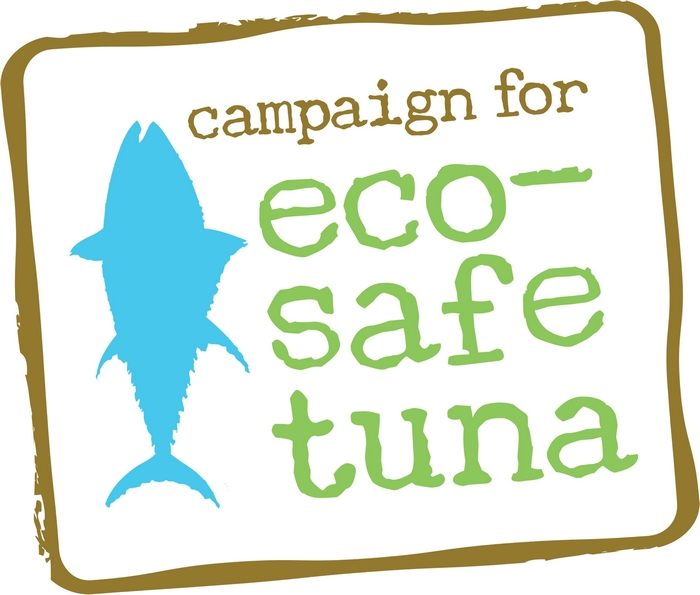
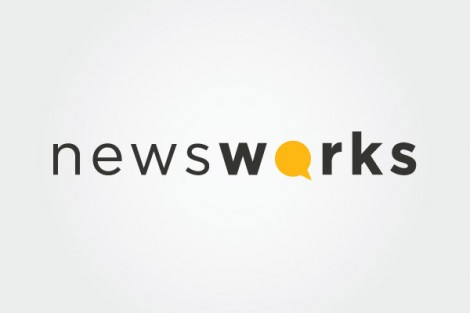

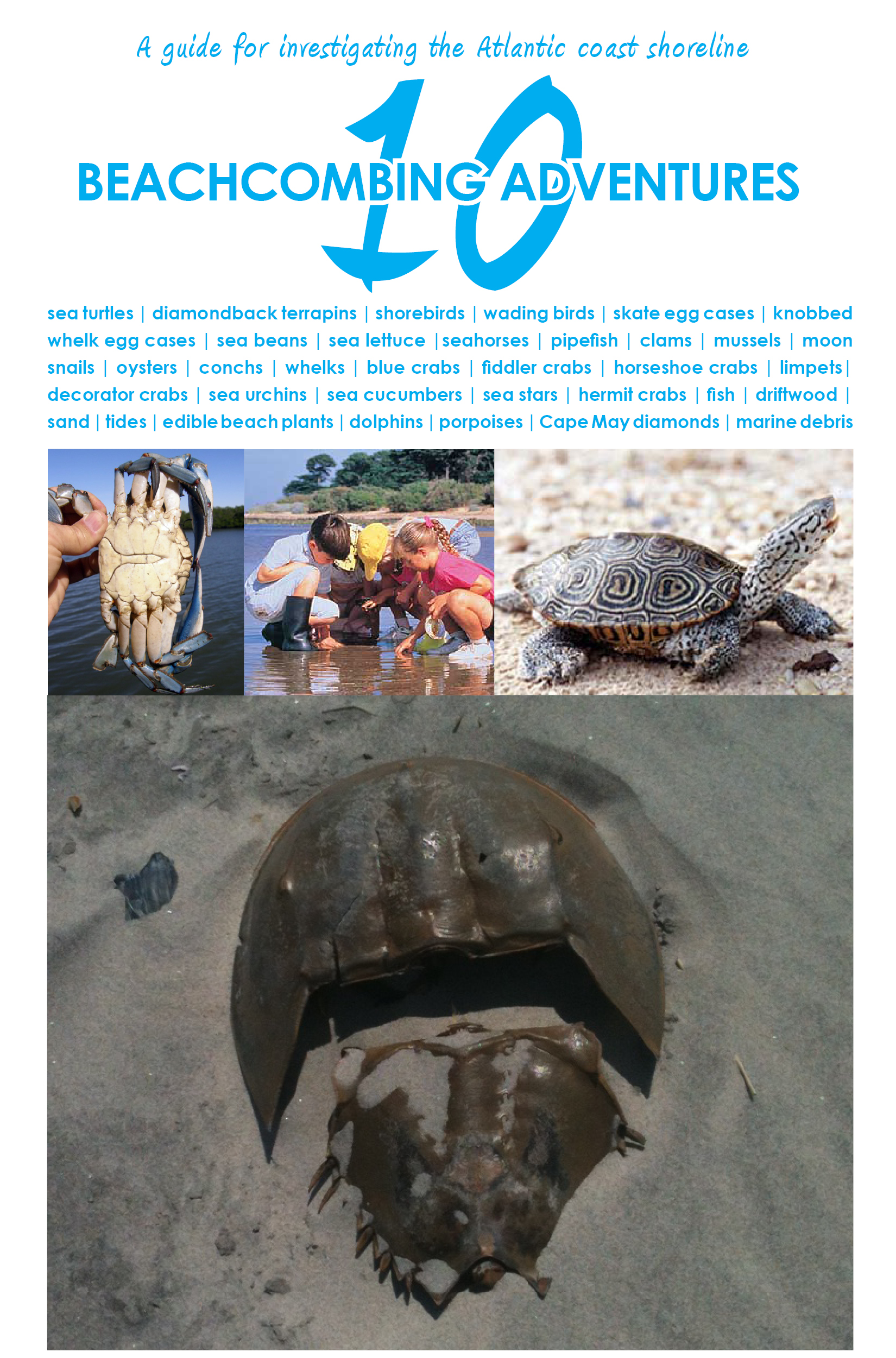
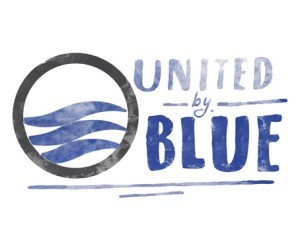
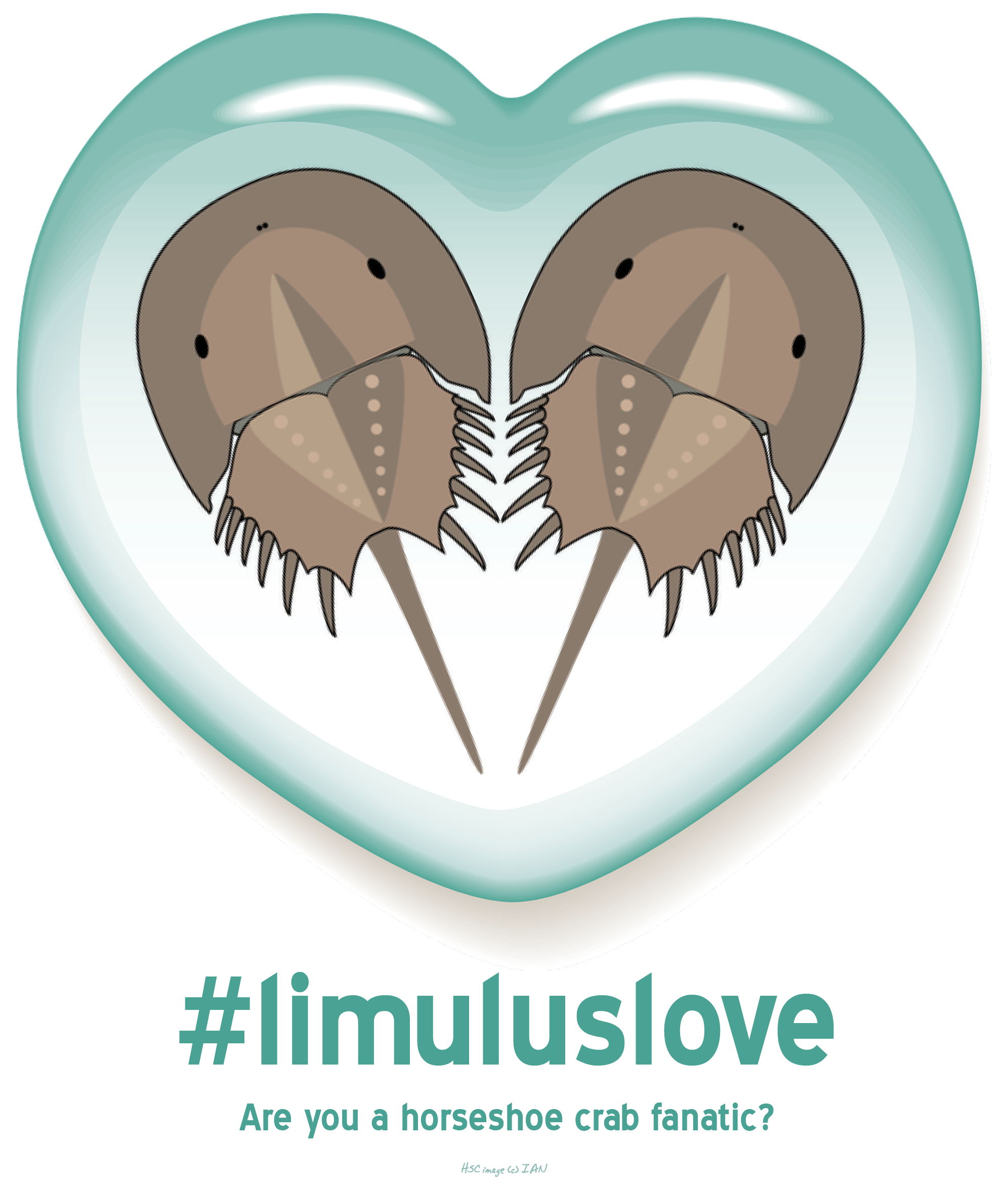
What people are saying …